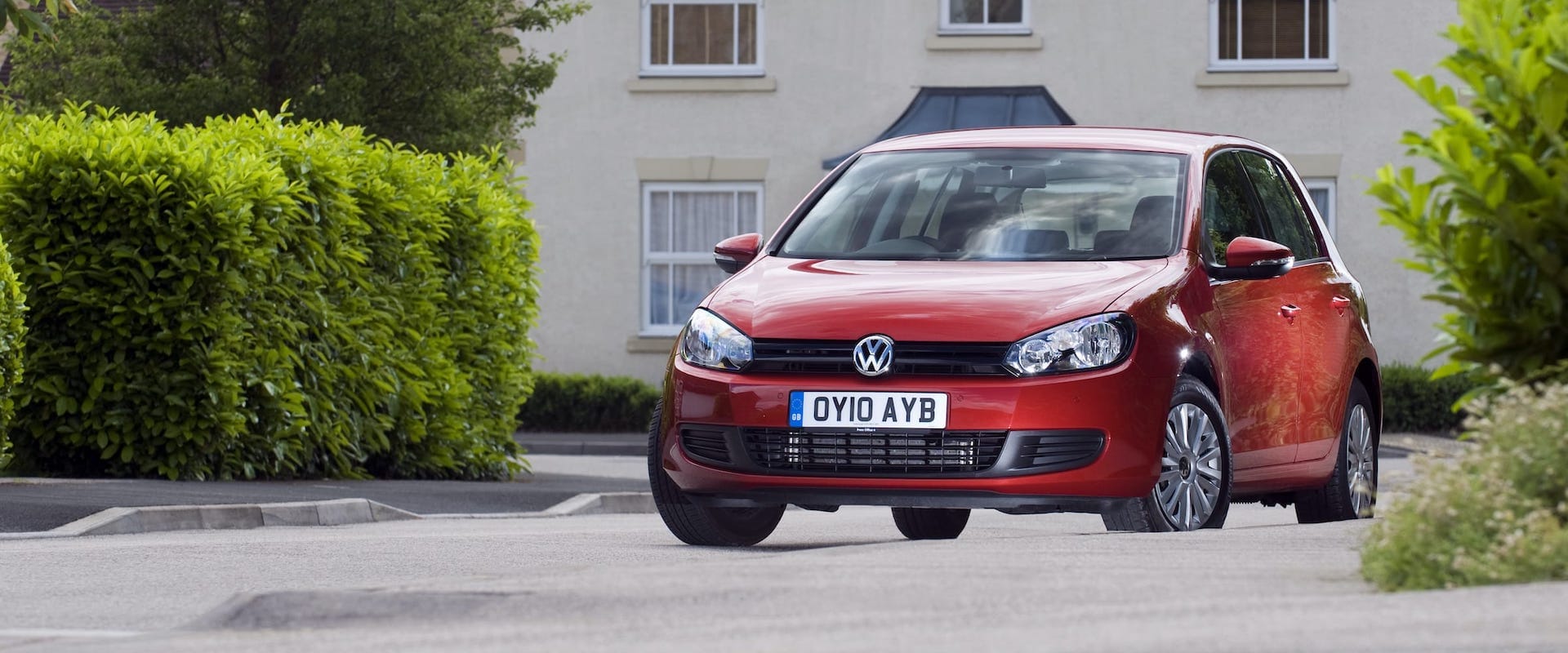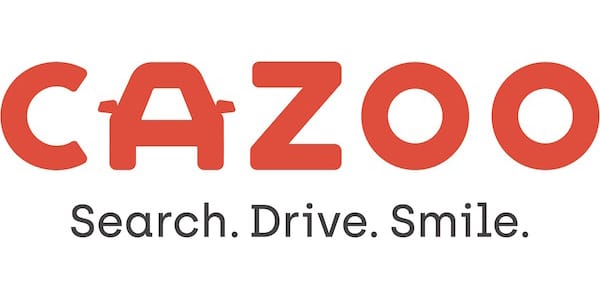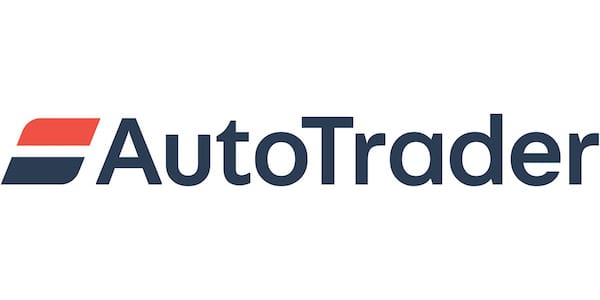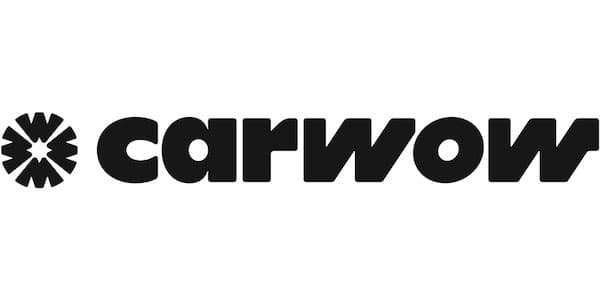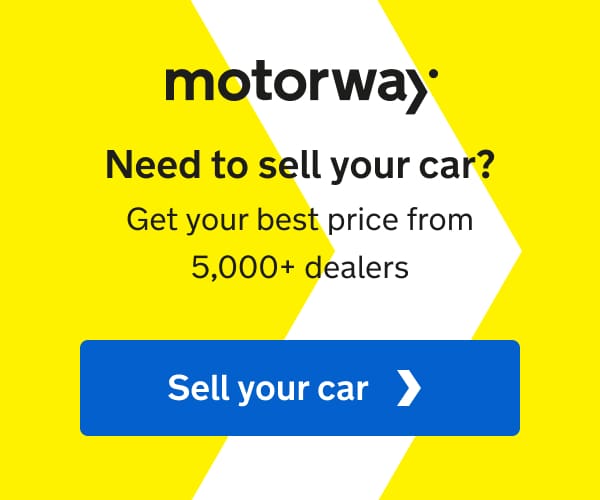The value of a used car can be just as variable as house prices. Here are a few pointers on how to get close to knowing how much your car is worth.
There are two different ways of producing used car values; sold prices and retail advertised prices.
How values are set
There are two different ways of producing used car values; sold prices and retail advertised prices.
Car dealers use price data compiled by their own organisation if they are part of a large chain and/or a company such as CAP-HPI which sets prices from daily data from trade sales, auctions, rental and leasing companies and specialist remarketing companies.
CAP-HPI data is also used by many consumer websites offering online valuations. Parkers sets its valuations based both on CAP-HPI and by monitoring a claimed 4,000-odd sales on its website a day. Auto Trader analyses a claimed 900,000 daily prices to offer its valuations.
Used car values can change daily, and these are then used by the motor trade as a starting point for part exchange and to set selling prices. They then adjust them depending on their own business needs and targets.
Different types of values
If you look at any consumer used car price guide it will give you a value for your car under set headings: original price; franchised dealer; independent dealer; private good; private poor and part exchange. For a free valuation on these websites, you don’t get all of these categories, or the ability to adjust, but you can have these functions for a small subscription.
The first two are what can expect to pay for a car. The franchised dealer price is top dollar and usually the value for a car in the manufacturer’s approved used scheme. You get at least 12 months’ warranty to the original specification plus breakdown cover and the car will be immaculately presented.
An independent dealer is not tied to the manufacturer, cars tend to be older or with higher miles but because the dealer won’t have the same overheads as a franchise, costs will be lower. Warranties are shorter but can be extended.
Now we come to the value of your car if you want to sell it yourself or exchange it for another from a dealer. A private poor car will have some mechanical or bodywork problems, no service history and need work to make good. A private good car will have service history, possibly a full MOT and be smartly presented.
A part exchange value, also called a trade-in, is what you could expect to get for your car if you want to exchange it against another used or a new car. Traditionally this is the lowest value around, but it can be difficult to tell precisely because the dealer has a profit margin in the new car that they can potentially use to help boost the offer for your part-exchange vehicle.
In theory, a trade price is also what you’d expect to get from a car buying service. Via various methods, these sites will make money from the dealer that ultimately buys the car to sell it on to the next customer. However, the prices paid have tended to be better than what dealers are offering for part exchanges, so it’s always worth getting a quote before selling your car to the car dealer. We work with the four companies shown below, who are some of the largest car-buying services in the UK and all highly respected, but other companies are obviously also available.
What can this mean in practice? In January 2022 we picked out a used Vauxhall Corsa advertised at a Vauxhall main dealer (therefore franchised) as an example of a popular used car.
It was a 2018 three-door 1.4-litre petrol ‘Energy’ model with air conditioning and a 75hp petrol engine. With 59,640 miles this was a little higher than the average 10,000-miles a year which car price guides work to. The asking price was £7,255. We then paid for price check at a well-known website.
With 40,000 miles and no options able to be applied, the Corsa showed as £6,175 as private poor, £7,025 as private good, £6,575 as a part exchange. Adjusted for 59,000 miles those figures changed to £5,485, £6,290 and £5,840.
What makes a difference?
Mileage
If correctly serviced, most cars can cover high mileages with ease. However, a lower mileage than the average (which was taken as 10,000 a year pre-pandemic) increases the value of a used car. Buyers tend to think this means a car has had less wear and tear, so is a better bet for the future. True to some extent, but a car only driven for short journeys around time gives the clutch, gears, brakes and battery more of a pummelling than one which has cruised along motorways most days, its engine fully warmed up and without much gear-changing.
Either way, if the car you want to value is above or below the average mileage which free price checks supply, then pay to fine tune it to your car.
Options
Some optional extras fitted from new will make a difference to a car’s worth, but not all. An automatic gearbox option over a manual always changes the value, and to a lesser extent things like optional parking sensor packs, cruise control, upgraded wheels, panoramic roofs and metallic paint. Again, when using a price guide pay the fee to tick relevant option boxes which are offered to you. If they are there, they will change the value.
However, if you have owned your car from new and put lots of extras on it, some of that value will now be lost. “There’s a bit of a limit,” says Derren Martin, head of valuations at CAP-HPI. “You can’t put loads of options on your vehicle and charge for all of them, you might not get value for all of them. Once you get past a certain age people won’t necessarily pay.”
The other thing which can improve the amount you may get for your car will be evidence of a full service history (if it’s a prestige or sports car better still from a dealer for that brand or a specialist). However, price guides don’t put a set value on this – it’s just a factor which may persuade a buyer to choose your car over another.
Don’t get stressed!
If you’ve done your homework, adjusted the online valuation as close as you can get to your car and the way in which you want to sell it, had a look at what’s being asked for identical cars then you’ve got a great start. But don’t get too hung up on that value.
Private buyers will want to haggle, so set either set the selling price a little above what you’d like or at the lowest you will accept to sell quickly and see if ‘no offers’ brings results.
The value to a dealer of your car – either to buy and sell on, or as a part exchange is more fluid. Depending on the amount of profit the dealer has allowed in the asking price of the car you want, that can come down or the part exchange value can go up.
Your car’s value can also be influenced on how many of that type of car the dealer chain has in stock, how quickly yours can be sold on with very little preparation, or just because the car you’re looking at has been in stock for too long (dealers have set numbers of days, then the price reduces).
They key here is what is your maximum cost to change – how much you are willing to pay to secure a particular car.
* The Car Expert has commercial partnerships with Auto Trader, Carwow, Cazoo and Motorway. If you sell your car to any of these companies, we may receive a small commission.

